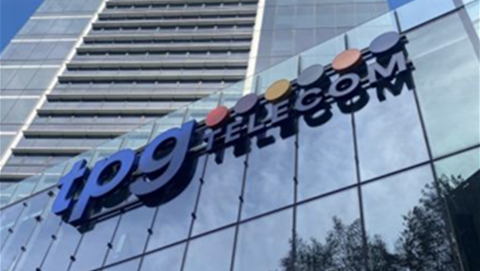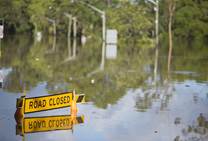The White House has divvied up US$42 billion ($63 billion) among the nation's 50 states and US territories to make access to high-speed broadband universal by 2030, as it launched a new publicity campaign for President Joe Biden's economic policies.
The funding under the Broadband Equity Access and Deployment Program was authorised by the US$1 trillion 2021 infrastructure law Biden championed.
The spending will be based on a newly released Federal Communications Commission coverage map that details gaps in access.
Texas and California - the two most populous US states - top the funding list at US$3.1 billion and US$1.9 billion, respectively.
But other, less populous states like Virginia, Alabama and Louisiana cracked the top 10 list for funding due to lack of broadband access.
These states have large rural areas with less internet connectivity than their major cities.
"It's the biggest investment in high-speed internet ever. Because for today's economy to work for everyone, internet access is just as important as electricity, or water, or other basic services," Biden said.
The awards range from US$27 million to US territories like US Virgin Islands to over US$3.3 billion for Texas, with every state receiving a minimum of US$107 million.
The announcement kicks off the second leg of Biden's tour highlighting how legislation passed when his Democratic Party controlled Congress will affect average Americans, as his 2024 re-election bid gears up.
As part of the sales pitch, Biden is also set to give what White House officials describe as a major economic speech on Wednesday in Chicago, laying out so-called "Bidenomics," according to a memo on Monday from senior advisers Anita Dunn and Mike Donilon to congressional Democrats and other allies.
The 2024 election will in part be seen as a referendum on Biden's handing of the economy. Job creation and low unemployment are the positives while elevated inflation and the knock-on effect of higher interest rates have stoked fears of a recession.
More than half - 54 percent - of Americans disapprove of how Biden is handing his job, while just 35 percent of respondents approved of his stewardship of the economy, according to a Reuters/Ipsos poll conducted earlier this month. Democrats lost control of the House of Representatives in the 2022 midterm elections.
The administration estimates there are some 8.5 million locations in the US that lack access to broadband connections.
Broadband companies such as Verizon, Comcast, Charter Communications and AT&T have been reluctant to provide access to low-population, rural communities because the investments are expensive and the regions do not offer a lot of subscribers.
The lack of broadband access drew attention during Covid-19 shutdowns that forced students into online schooling.
States are expected to submit initial plans later this year that will unlock 20 percent of the funding.
Once the plans are finalised, which could take to 2025, the government will release the remaining money.



.jpg&h=140&w=231&c=1&s=0)























